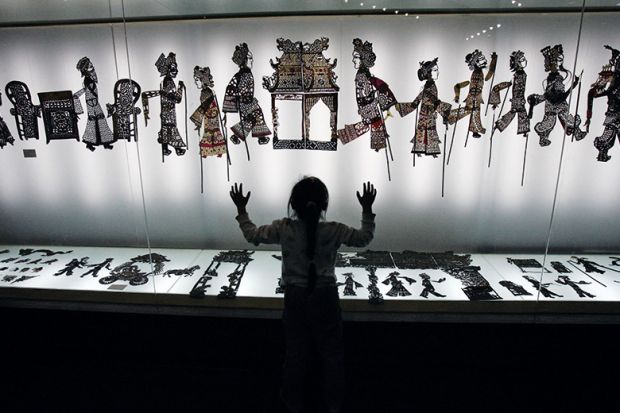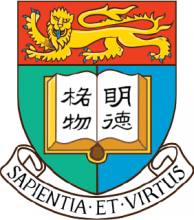Fears have been raised over whether universities are “buying” journal papers to improve their ranking after a scholar revealed that he was offered more than £35,000 to list publications under the name of a lesser-known Chinese institution.
Jeroen Huisman, professor of higher education at Belgium’s Ghent University, told Times Higher Education how he received an unsolicited email from an individual claiming to act on behalf of a large university in eastern China, which asked if he would be interested in accepting a “distinguished visiting professorship”.
When Professor Huisman, a former University of Bath academic, replied to the email out of curiosity, he was immediately sent a contract stating that he would be paid a total of 300,000 yuan (£35,703) if he produced a total of three journal papers, appearing in Thomson Reuters’ Web of Science, in which Zhengzhou University was listed as the first affiliated institution.
The cash would be paid in monthly instalments over three years or, alternatively, in a lump sum when the journal articles appeared, the contract said. If the required publications did not materialise, Professor Huisman would be obliged to return the money he received, it added.
He was also invited to appear as a second or third author on a journal article in which a Zhengzhou academic would be the first author. Only two visits to the institution in Henan province were stipulated in contract, during which two to four speeches would be given to students, the contract added.
Professor Huisman, who is based at the Centre for Higher Education Governance Ghent, said that he did not think the contract was engaging in anything illegal, “but this practice borders on being unethical. This is nothing more…than an economic transaction.”
THE has been unable to contact Zhengzhou University, which has about 70,000 students and 6,000 staff. The university does not appear in the 2016-17 THE World University Rankings, but is part of China’s 211 project, in which “national key universities” are awarded extra state funding.
The attempt to secure Professor Huisman’s publications could be part of a strategy to improve universities’ positions in internal Chinese rankings or internationally, but it fundamentally misunderstood the motivations of most academics, he added.
“I would actually be very interested in working with a Chinese university if some scholars suggested an interesting point around governance or mobility where we could work together,” said Professor Huisman.
“Throwing money at academics in this way is certainly not the way forward,” he added.
Rui Yang, associate dean cross border/international engagement at the University of Hong Kong’s Faculty of Education, believed that such contracts were “fairly common practice” and that he had received many approaches of this nature.
“I declined quite a few such contracts in 2016 alone,” said Professor Yang, adding that he informed those making these offers that they were “not good enough ethically”.
“However, within Chinese society today, such things are indeed quite OK to both sides,” he said.
Professor Yang blamed the current “audit culture” that led universities to “basically buy your work to benefit their ranking, both internationally and domestically”. He said that he knew several scholars based in the US, the UK, Hong Kong and Singapore who had accepted such affiliations without their main employers’ knowledge.
“For many good universities, but not national flagships, it is not realistic for them to aim too much at global rankings, [but] they need English articles to make them look good in domestic evaluation exercises,” he said.
Massive investment in Chinese universities from both the central and provincial governments made the existence of such contracts possible, he added.
“Universities have money, and even have problems with how to spend their money, [so] they buy articles from international scholars,” Professor Yang said.
However, Ka Ho Mok, vice-president of Lingnan University Hong Kong, said that it would be unfortunate if top academics were deterred from taking up visiting professorships at Asian universities by such practices as these staff could play a useful role in “mentoring or building international teams for research”.
“If visiting professors are keen about international cooperation with their counterparts [on the] China mainland, it is fine to work together in terms of projects and publications so long as the home institution remains the first institution [for the] affiliation, while the visiting professors can put the visiting institution as the second affiliation,” said Professor Mok.
“If the visiting professors are forced to produce publications by using not only their name but also the affiliation of the institution as the primary…affiliation [this] would create ethical issues to me,” he added.
Register to continue
Why register?
- Registration is free and only takes a moment
- Once registered, you can read 3 articles a month
- Sign up for our newsletter
Subscribe
Or subscribe for unlimited access to:
- Unlimited access to news, views, insights & reviews
- Digital editions
- Digital access to THE’s university and college rankings analysis
Already registered or a current subscriber? Login










